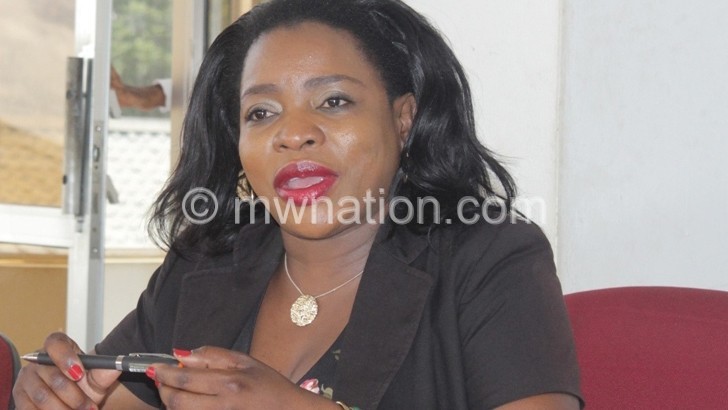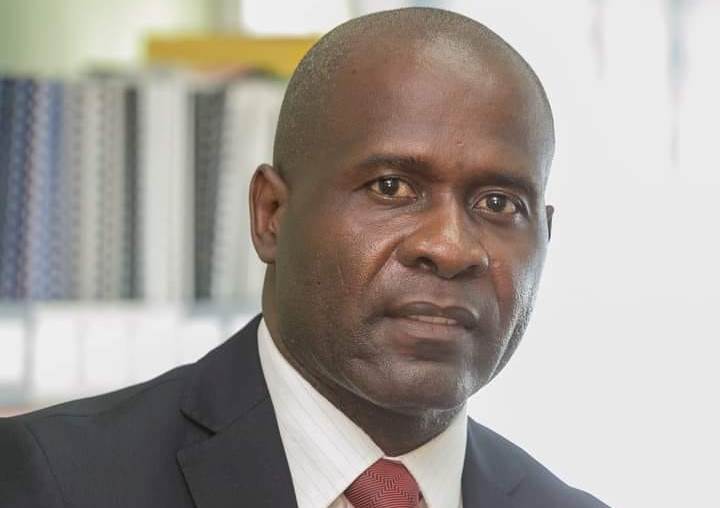Court dismisses Ombudsman on Mera injunction
The High Court has dismissed an application by the Office of the Ombudsman to remove an order stopping the release of findings of a probe into the recruitment of Malawi Energy Regulatory Authority (Mera) chief executive officer.
In a ruling dated December 27 2021, High Court Judge Kenyatta Nyirenda also rejected the Ombudsman’s application for a judicial review on the matter.

Mera obtained the injunction and was granted permission for judicial review on November 10 2021.
In his ruling, Nyirenda said the Office of the Ombudsman’s application lacked merit, as such, he could not grant its wish to vacate both the injunction and permission for judicial review.
The judge said: “In view of the foregoing and by reason thereof, it is my holding that the interests of justice tilt in favour of preserving the status quo in order not to render these proceedings nugatory. Accordingly, the application for the continuation of the interim orders granted by the court on November 10 2021 is allowed.
“With due respect to the defendant [Ombudsman], the said submissions are legally flawed.”
Nyirenda also directed that the Office of the Ombudsman should, within seven days from December 27 2021, file its defence pending a scheduling conference on January 17 2022.
In an interview on Tuesday, Ombudsman Grace Malera said her office is studying the ruling to determine the next course of action.
She said: “Our position is that we are comprehensively studying the ruling from the court and this will inform our next course of action out of the number of options that are available to us.”

The Office of the Ombudsman was served the injunction 10 minutes after Malera and her team started presenting findings of the investigative report titled ‘Curbing Impunity’ at a press briefing in Lilongwe on November 10 2021.
The Ombudsman moved the courts to vacate the injunction on the basis that order to grant Mera permission to commence for judicial review was wrongfully sought and granted which was a clear breach of Section 123 of the Constitution.
Section 123 of the Constitution gives powers to the Ombudsman to investigate any and all cases where it is alleged that a person has suffered an injustice and does not appear that there is any remedy reasonably available by way of proceedings in a court or by way of appeal from a court or where there is no other practicable remedy.
In its application, the Office of the Ombudsman argued that the permission for judicial review granted to Mera was irregular and against dictates of the Constitution and also disputed the energy regulatory body’s assertion that the public protector lacks jurisdiction over the matter and that it is against the interests of justice.
But in its submissions to the court, Mera argued that permission to commence judicial review proceedings was properly granted in that the Ombudsman did not have jurisdiction to inquire into the legality or procedural correctness of economist Henry Kachaje’s appointment as chief executive officer.
Mera argued that there was an available remedy through the judicial system to challenge such an appointment if it was done illegally.
Besides, Mera also argued in its submissions that Ombudsman Grace Malera was conflicted in the matter as she also applied for the position, but was not shortlisted.
The Ombudsman’s investigative report had already gone viral on social media by the time the court orders were served on November 10 2021.
The report nullified the appointment of Kachaje as Mera chief executive officer on the basis that procedures were flouted.
The Ombudsman’s investigation into the matter was ignited by three separate complaints from Richard Chapweteka, one of the applicants for the post, who had also been interviewed, the Forum for National Development and Public Appointments Committee of Parliament.





